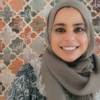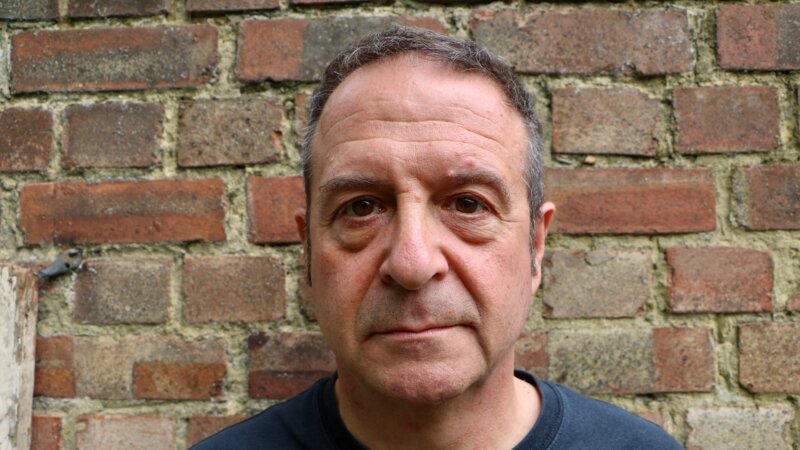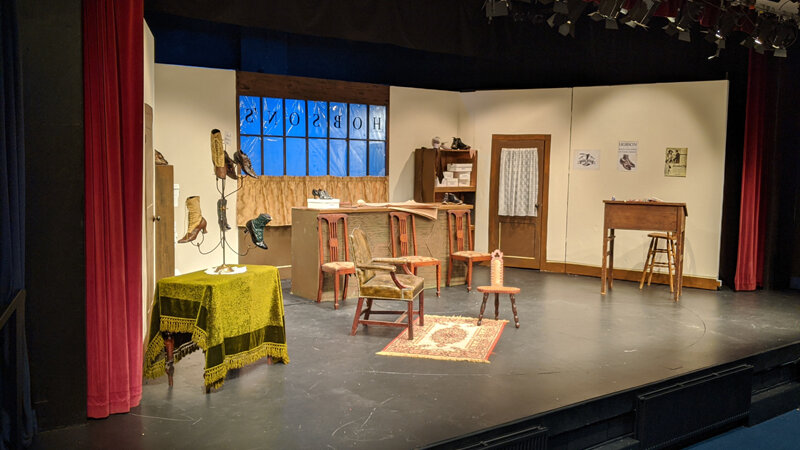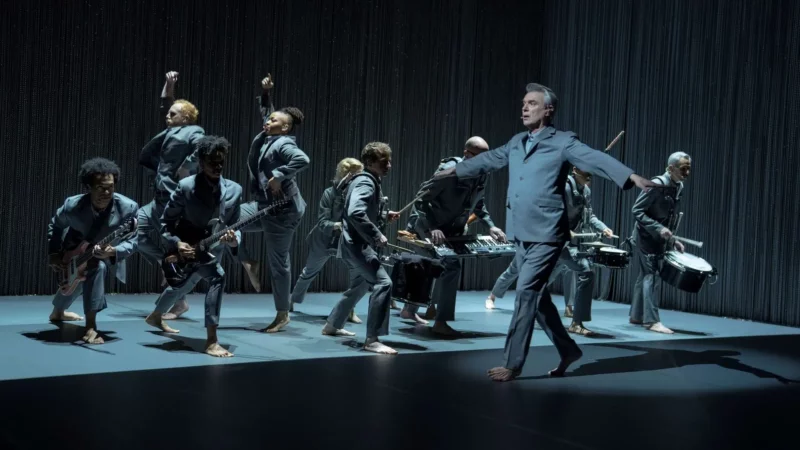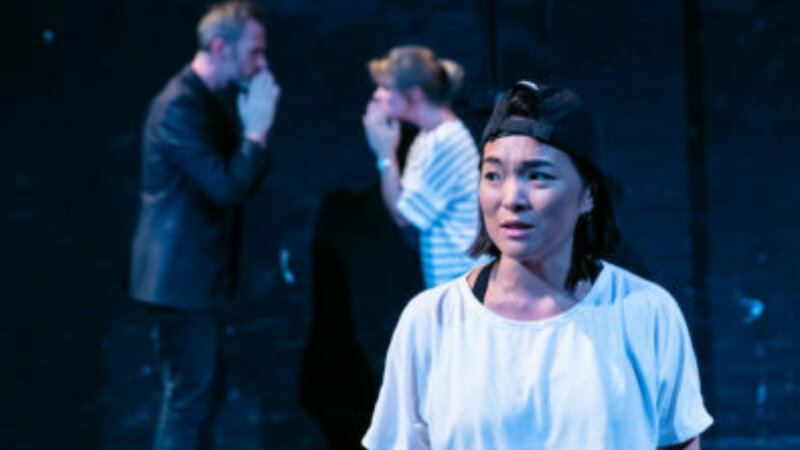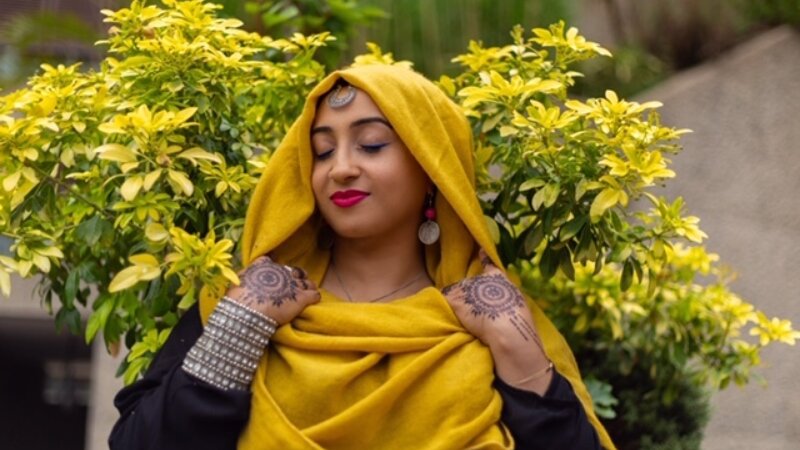Hafsah Aneela Bashir The Welcoming Party
Having been awarded the prestigious Jerwood Creative Fellowship with Manchester International Festival, Hafsah Aneela Bashir has been busy learning about the rites and practices of all things stage-related. An honorary Mancunian poet, writer and spoken word artist, her work is impressive and makes a lasting impression. Here she shares her love for lyrical activism and her journey into the world of theatre.
Are you proud of your poetic prowess?
It’s taken me a long time to even define myself as an artist. Even now, there are days I wake up with suspect fraud syndrome, but I have learnt to quell those voices of sabotage and accept myself as I am. I write flash fiction and short stories, but love writing poetry more, which I happen to read aloud and therefore am by definition a performance poet too.
You have also recently acquired a theoretical grounding, isn’t that so?
I completed my MA in Postcolonial Literary and Culture from the University of Leeds, and utilised what I learned to inform my work with non-profit organisations and NGOs producing a form of lyrical activism through creativity.
Tell me more about your lyrical activism.
I facilitate creative writing workshops within the community and have worked with youth theatres, within schools, with refugees and with women asylum seekers to promote the use of creative agency. I have also worked with south Asian women’s groups and have had the opportunity to perform at academic conferences to reach a different audience.
How do you describe art and creativity? What inspires you?
I define art as simply the freedom of expression using creative imagination, in whichever form it takes. I find art everywhere I look, as do many artists sensitive and acutely aware of the world around them.
I love listening to people, hearing their stories and have spent many years reworking these narratives and my own to form a type of lyrical activism. To hear diverse narratives not in the mainstream, those that speak about the complexities of what it means to be human, is of particular interest to me and that in itself inspires me to do what I do. Being able to connect with people is important in my line of work and when someone tells me their story, I see it as sacred. It’s a huge responsibility to look after that and what you do with it is important.
As a British Muslim woman, how do you negotiate the tensions between art and politics?
I am a firm believer that if you do not speak for yourself, someone else will certainly try and speak for you. As a British Muslim woman of colour, I am often represented as traditionally submissive – as our former Prime Minister tried to tell me – abused or related to an extremist. This gets tiresome and these narrow one-dimensional tropes are damaging, wholly inaccurate and must be challenged at all levels.
The art I make defines who I am in relation to the world around me, contextualising the time and space we are living in. Writing is a constant cathartic process for me and my growth is situated here. Poetry is my tool, the artistic avenue, if you like, for expressing myself and challenging the status quo. It speaks to people in a completely different way, transcending the intellect and aiming for the heart. To me it bridges the gap between art and politics.
Some of your writings touch on themes of displacement and I believe you have been active in humanitarian work. Is this what inspired you to write ‘The War-Torn Child’?
I was inspired by both the fragility and the strength of the human condition. The ways in which the human condition responds to love, loss, absence and trauma is what I wanted to capture in nuanced ways. The poetry touches on the duality of life and death, of despair and hope, of reality and the surreal. ‘To You’ was penned when a loved one died and explores grief and what it means when love has nowhere to go.
‘The War-Torn Child’ I wrote after coming back from the Turkish-Syrian border, where we faced many families, especially children, torn apart literally and metaphorically by war. ‘Cumin’ and ‘Epiphany’ are attempts to immortalise snapshots of life and childhood, and ‘I Am’ is what I created to remind me of hope.
I have had mental health issues in the past and am always fascinated by the different ways our mind and body respond to change. How these experiences define and shape our being. A measure of this, often unspoken, is found in my poems. An absence that, in itself, speaks volumes.
How was the process of applying for the Jerwood fellowship and where are you taking this new venture into theatre-making in terms of skills and outcomes?
That was a wonderful surprise at the beginning of this year. After the group interview process which I thought was a ‘friendly Hunger Games’ type scenario, I was ecstatic that I had been awarded the fellowship, but even more excited about the cohort of five inspiring artists I would be working with.
We have been commissioned to work with specific productions that best suit our interests after in-depth discussions with Manchester International Festival. I am delighted to be working with Theatre-Rites, described as one of Europe’s most imaginative theatre companies. Their immersive production is called The Welcoming Party, which explores what it means to feel different and why we should all be proud of who we are.
I am learning what a blend of puppetry, performance, dance and live music can bring to the stage, what powerful expressions can be made if words are absent. As a poet and writer I find this concept fascinating and hope to broaden my own craft through this learning. There are so many other ways of connecting with people and this to me is enlightening.
I highly recommend booking tickets for its July showings. Aside from this we are getting to know what it takes to put a festival together, the marketing behind it and the long-term legacy of MIF once the festival finishes in the summer. We will also have the opportunity to organise our own creative event that will foster a stronger relationship with the communities of Manchester.
I hear you have also been busy with a Palestinian stage project?
Yes, a chance encounter at a synagogue last year, where I was sharing some of my work, led to a conversation with Nikki Mailer, a theatre practitioner, who had been toying with an idea of producing a project that explored Palestinian theatre. We had a shared vision of wanting to explore unheard voices and were keen to collaborate with this concept as a foundation to our work. Nikki is Jewish and I’m Muslim and this underpins a lot of what drives us politically.
We decided to co-direct an Arts Council funded project, Platform For Palestinian Arts, in partnership with Panda Arts and In Place Of War, exploring plays and poetry from the Palestinian diaspora. A new anthology called Inside/Outside: Six Plays From Palestine and The Diaspora had just been released.
We wanted to shine a light on those voices absent from the mainstream and our aim was to provoke culture and interrupt spaces especially those that are inherently white within the arts. We facilitated several creative writing workshops in diverse spaces in a bid to counter the inequality and underrepresentation that is prevalent. Our participants were able to engage with cultural narratives they had not had access to before, which worked towards a greater understanding of our human story. We provided a platform for those who wouldn’t normally access the arts and we were able to create new work using the material explored as a catalyst.
We encouraged local black and minority ethnic artists to facilitate our workshops and mentored individuals working with us to enhance their skills. It was through this project we connected with Mahboobeh Rajabi, an Iranian digital artist who became our digital content producer. I’d often think that if we three were countries, the media would have you believe we would be at war – a Sunni Pakistani, a Polish Jew and a Shia Iranian. We make a great team.
This project culminated into an informal sharing in March where two Palestinian playwrights, Hannah Khalil and Ahmed Masoud, shared their work in various venues throughout the North West.
The Welcoming Party is taking place at MIF17 in July.
mif.co.uk


